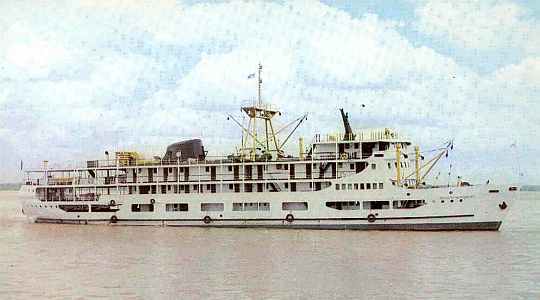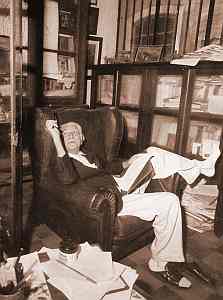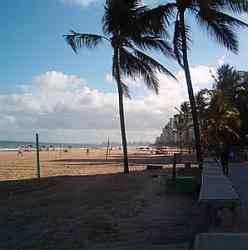Brazil - The Making of a Novel - Part 24
The Journey - Amazon River, Augusto Montenegro, Belém to Manaus, August 12 - August 17, 1980

August 12 Bus trip ended at 5.15. a.m. when I checked into “Litoral Palace Hotel” next to Rodoviária. On trip, noticeable how the true sertão gradually disappears. As you approach Teresina, capital of Piaui, the caatingas give way first to similar vegetation mixed with small palms, then a more benign landscape and beyond Caxais true African style veld. Green in spite of winter and with denseness that is suggestive of the great Amazon belt that lies close to the north.
I was thinking as we passed through one of the innumerable dusty/poor/
ugly/depressed towns of Piauí/Maranhão that this must be a world away from what the rich of Rio/São Paulo know. I doubt whether one in a hundred have ever been here or seen any of this beyond TV. And if that is the case, how much more aggravated was the difference in the past, without “easy” communication of today?
Windowless room in "Litoral Palace" with giant fan, the size of an old plane prop. Woke at 12 and went to city to learn that the only boat to Manaus departs this p.m. Next one is on September 4 (perhaps.) Decide to Go.

August 13 Aboard Augusto Montenegro, up at 5.30 a.m. to witness spectacular sunrise, faint to deep orange sun rising over line of trees, climbing quickly into sky and by 9.30 making it as hot as midday. Size of River (Para) on approach to Amazon is truly “river sea.” Difficult to imagine impact on early voyagers like Orellano/Raposo Tavares reaching Belém from upstream.
Isolated settlements on river banks, buildings hugging shore line, church, bordered by trees.
Most sobering thought is that their only access to “civilization” is along the river. Hemmed in by forest, somewhat like an island; dozens of island “refugia” between forest and river. At point we're approaching now, water to furthest horizon, brown tinge to it.
Many estrangeiros aboard, international mix, Brazilian, French, Canadian, Israeli, American, English, German, students, retirees, holiday-makers, most with idea of once in a lifetime Amazon voyage. Agree. We're all traveling second-class; there's a First Class deck above and a deck “squatter” passage below and aft.
August 14 Why the Amazon has been called a “river sea” is easily imaginable. The extent of the river is such that glancing to one side, say starboard, you fully expect to be coasting along “offshore,” and if you turned round to port, there'd be the ocean! Everyone encountering the Amazon for the first time finds it larger than they expected. Difficult accepting that for five days you will be aboard a major-sized ship moving along the greatest (by water volume) river in the world. You have a problem seeing that very distant line of trees as the edge of the river and not a vast lake or the sea.
BRAZIL - The Epic of a Great Nation
BRAZIL - The Epic of a Great Nation





 at Boa Viagem beach, then to Olinda but on way back to hotel bumped into my friend Black Jimi and got home 2.30 a.m. Afternoon interview with Freyre and on bus at 6.15 p.m.
at Boa Viagem beach, then to Olinda but on way back to hotel bumped into my friend Black Jimi and got home 2.30 a.m. Afternoon interview with Freyre and on bus at 6.15 p.m. 

